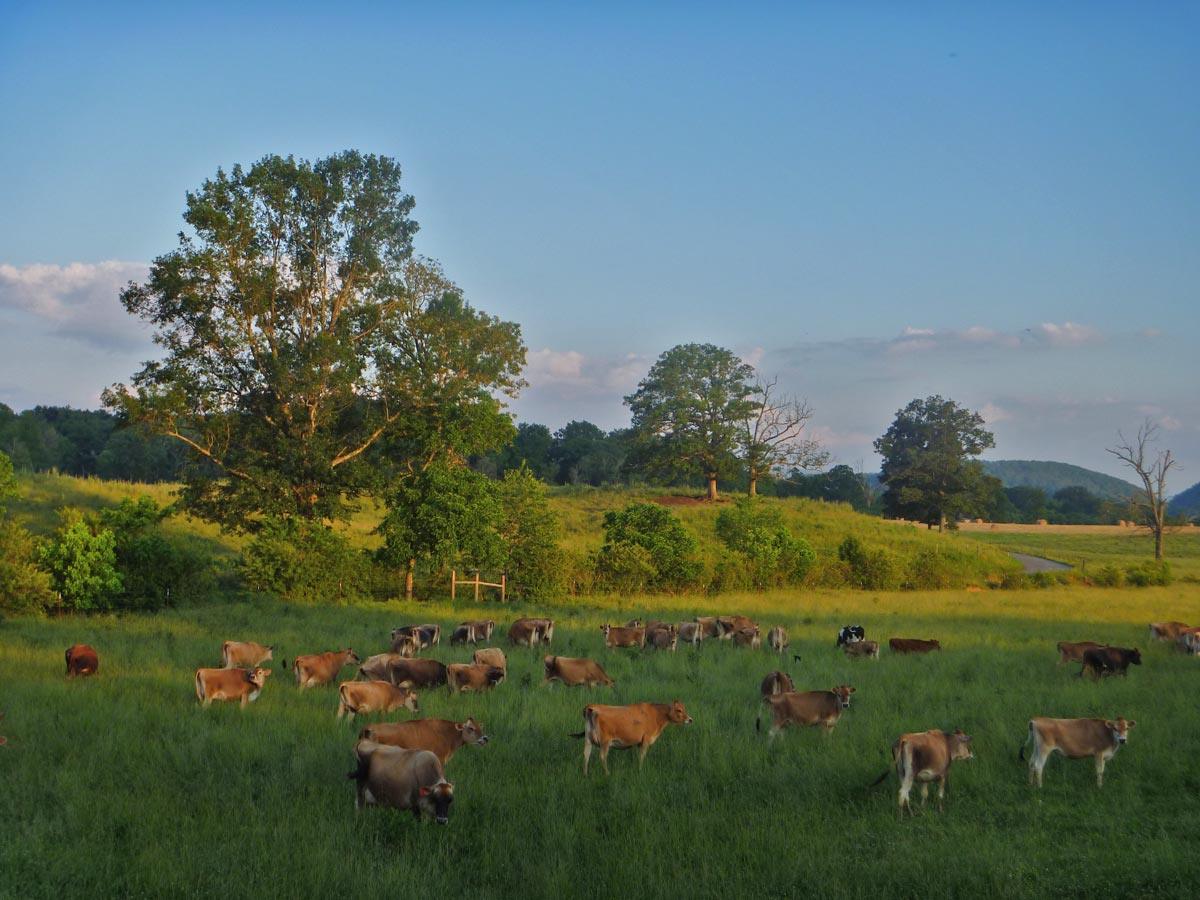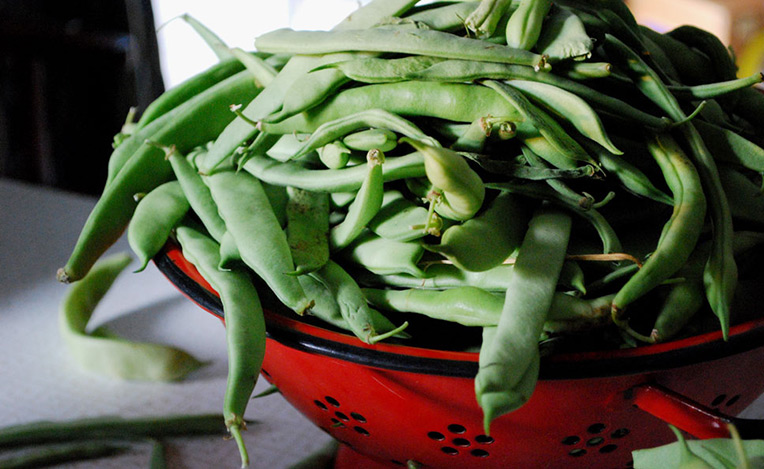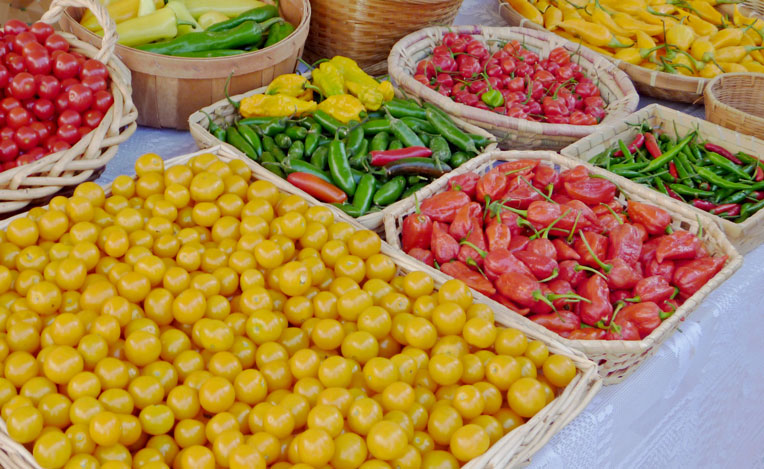Knoxville Food Hub Report Released
The sight of blossoming young plants this time of year reminds us that fresh local produce soon will be sprouting up in roadside stands, at farmers markets, and in our own backyards.
The local food economy has been growing in East Tennessee for the last several years, and many restaurants and grocery stores carry food produced right here in our region.
In September of 2014, the Knoxville-Knox County Metropolitan Planning Commission and the University of Tennessee partnered to study the feasibility of a food hub for the Knoxville region. This study grew out of a community survey that found that preserving and supporting local agriculture was very important to people in the region.
View the full report
Cruze Farm - Knoxille, TN
Those findings were followed up by a regional foodshed assessment that suggested a local food hub would improve market opportunities for local farmers.
A food hub is “an organization that actively manages the aggregation, distribution, and marketing of food products primarily from local and regional producers to strengthen their ability to satisfy wholesale, retail, and institutional demand,” as defined by the U.S. Department of Agriculture.
Through the course of the food hub study, farmers, restaurant chefs, hospitals, schools, colleges, distributors, and grocery store operators were interviewed to gauge supply and demand for local food.
The study found that increasing the supply of food produced in the region is constrained by land availability, labor, and access to equipment.
On the demand side, colleges, hospitals, and distributors noted that liability and certification standards are difficult for many local farmers to meet. However, restaurant chefs are interested in expanding their local food purchases.
The study estimated that a hub would have to sell an amount of food equivalent to 45-90 percent of the volume sold annually by the Market Square Farmers’ Market just to cover annual operating costs. Supply currently produced locally could not sustain both the Market Square Farmers Market and a bricks and mortar hub.
However, smaller first steps can be taken to balance supply and demand for locally produced food. Charlotte Tolley, executive director of Nourish Knoxville, noted that “through our work with the Market Square Farmers' Market in the last 13 years, we have seen farms begin to extend their seasons, diversify products, and expand their offerings. As customers demand local products, more becomes available. We are also seeing more young farmers, either taking over their family farm or starting their own.”


Locally harvested produce
For now, the study recommends appointing a food system coordinator to help balance supply and demand needs of the local food network, in lieu of a food hub. This position can build partnerships by helping farmers market their produce and make connections with chefs, grocers, and distributors. The food coordinator can also enable community outreach and education about the importance of local food for our economic and physical health.
The local food economy is alive and thriving, and small steps like those proposed in the Food Hub study will grow that economy, making healthy, local food accessible regionwide.
Funding for this project was made possible by the Local Food Promotion Program managed by the Agricultural Marketing Service, U.S. Department of Agriculture, in addition to matching funds from the University of Tennessee and the Knoxville-Knox County Metropolitan Planning Commission.